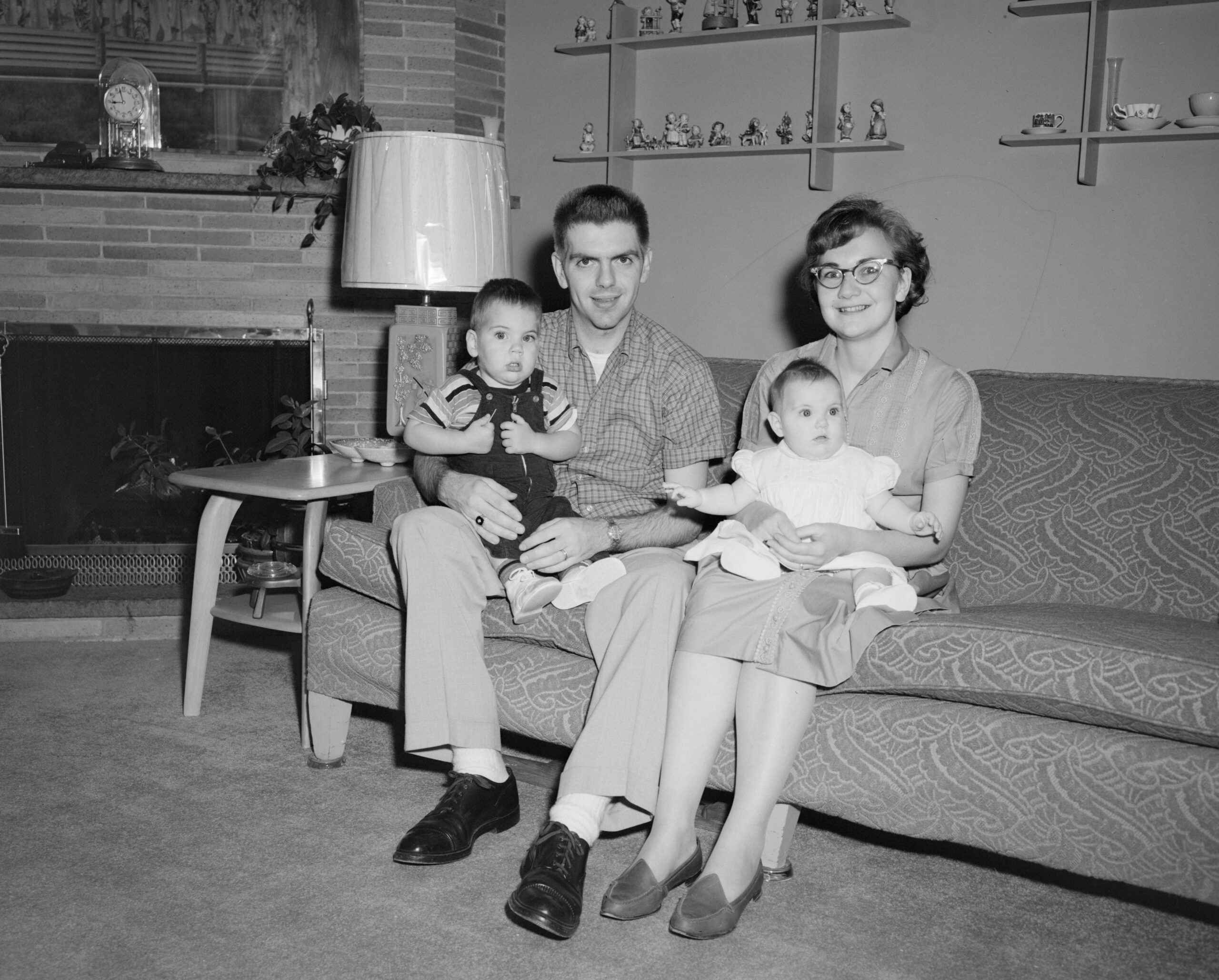Does it seem like something deep down is bothering you, but you’re not sure what it is? Maybe you react to certain situations, places, or people in ways that don’t make sense to you. Perhaps in your process of inward self-reflection, you’ve noticed that you have significant gaps in your childhood memories. All of these realities may reveal what many people can struggle with: signs of repressed childhood trauma in adults.
Repressed Childhood Trauma, Explained
When you experience trauma in your formative years, it can make a negative impact on your developing brain. Consequently, your brain may bury these difficult childhood memories deep into your subconscious without you knowing it. But why does this happen? After all, it’s not your choice to purposefully block out experiences from your life.
Repressed childhood trauma results as your brain creates repressed memories as a way to cope and enable you to continue to grow and develop. However, the repressed childhood trauma is still there, so it may eventually resurface in adulthood. Once it does, it can cause some of the puzzling challenges mentioned earlier, indicating the signs of repressed childhood trauma in adults. And it often reveals the source of additional problems.
Repressed Memories Due to Childhood Trauma
Trauma that happens in your childhood is often due to adverse childhood experiences, or ACEs for short. These traumatic events that occur during ages zero to 17 affect more people than you’d think, as 1 in 6 adults in the US have experienced at least four or more types of ACEs in their past, according to the Centers for Disease Control and Prevention (CDC). Common ACEs include:
- Emotional or physical neglect
- Sexual, verbal, or physical abuse
- Domestic violence
- Having a family member in prison
- Divorce
- Substance abuse in the home
When you encounter ACEs, the resulting trauma can lead to childhood memory loss and repressed memories, which are common signs of repressed childhood trauma in adults. But what are repressed memories?
Also known as dissociative amnesia, repressed memories involve the process of blocking out memories of traumatic experiences as a psychological defense mechanism, shares EBSCO. As a result of this memory loss, you’re unable to recall certain past events, experiences, or even years within the timeline of your life. As mentioned earlier, this is a tactic the developing brain may use to cope with trauma. And often, many of these forgotten memories revolve around past ACEs.
Common Signs of Repressed Childhood Trauma in Adults
If you think you (or your loved one) could be struggling with repressed childhood trauma today, what should you look out for? Typical signs of repressed childhood trauma in adults may include:
Strong, Irrational Reactions to Specific People
Sometimes you encounter someone, and suddenly your inner alarms go off. Such unexplained reactions may be one of the many signs of repressed trauma in adults. Even if you don’t know this person, something in your mind and body may signal to you that they’re not safe, causing you to want to protect yourself or leave. Deep down, this person likely reminds you of a traumatic experience repressed in your past.
Uneasiness in Places
If you’ve experienced repressed memories from childhood trauma, visiting certain places in town may produce fear, anxiety, or stress. Though your memory has been repressed, your developing brain took in all the sights and sounds associated with your surroundings during the trauma. Finding yourself in a setting similar to the one where the traumatic experience happened can trigger trauma responses in your body that make you want to fight, flee, or be on guard.
Unhealthy Attachments
Due to trauma from adverse childhood experiences, your relationship skills and healthy attachments may have been disrupted in your developmental years. Consequently, you may deal with the various ways how childhood trauma affects relationships in adulthood. Struggles may include:
- Fear of abandonment
- Intense attachments to others
- Anxiety and fear when someone close to you isn’t presently with you
- Fear of close, intimate relationships
Immature, Childlike Responses
If you consistently respond in immature, childlike ways — as if you revert to a childlike state — this could be one of the signs of repressed childhood trauma in adults. Perhaps you still have temper tantrums, talk like you’re a kid, or remain stubborn over inconsequential things. While this may happen to anyone from time to time, if you act in these ways routinely, then you may have unprocessed traumatic childhood memories.
Substance Abuse and Addiction
Unfortunately, childhood trauma can interfere with your ability to develop emotional regulation skills. That means, as an adult, you likely have a hard time coping with daily stressors or negative feelings you may encounter. Because of this, one of the long-term effects of childhood trauma is often substance abuse or addiction, due to the need to find ways to cope with your struggles. In many ways, addiction and childhood trauma are very much intertwined. And as that trauma remains unprocessed, the more likely you’ll continue to use drugs or alcohol to cope with difficult emotions.
Treating Addiction and the Signs of Repressed Childhood Trauma in Adults at Sana at Stowe
If you can relate to the signs of repressed childhood trauma in adults above, you may have forgotten traumatic memories buried in your mind. At the same time, if you’ve developed an addiction as a result, what can you do? At Sana at Stowe, we provide trauma-informed drug and alcohol addiction treatment programs in the heart of New England. With our help, you can find healing from repressed childhood trauma and overcome your addictions all in one place. To learn more, call our team today or take our FREE childhood trauma test as a first step.


